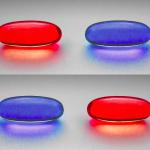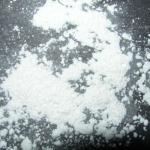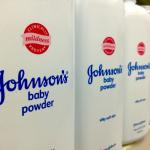There is an urgent need for research in the area of pain management. Since the 1890s, when aspirin and heroin were discovered, there has been agonizingly little progress in this field.
Johnson & Johnson
Johnson & Johnson has announced that it will stop selling talcum baby powder in the United States and Canada. Why?
In his Farewell Address, President Eisenhower warned of the military-industrial complex, a partnership between the military and defense industry that was financially incentivized to promote war over peace.
Oklahoma's August 26th verdict against Johnson & Johnson was never a question of "if," only "how much." Recently, it's been all the rage to assign blame for today's "opioid crisis," justified or not.
A Missouri court of appeals recently tossed out a decision to award $72 million (ten million dollars in actual damages and $62 million in punitive damages) to a w
10.The Food Babe attacks ingredient found in Subway bread






